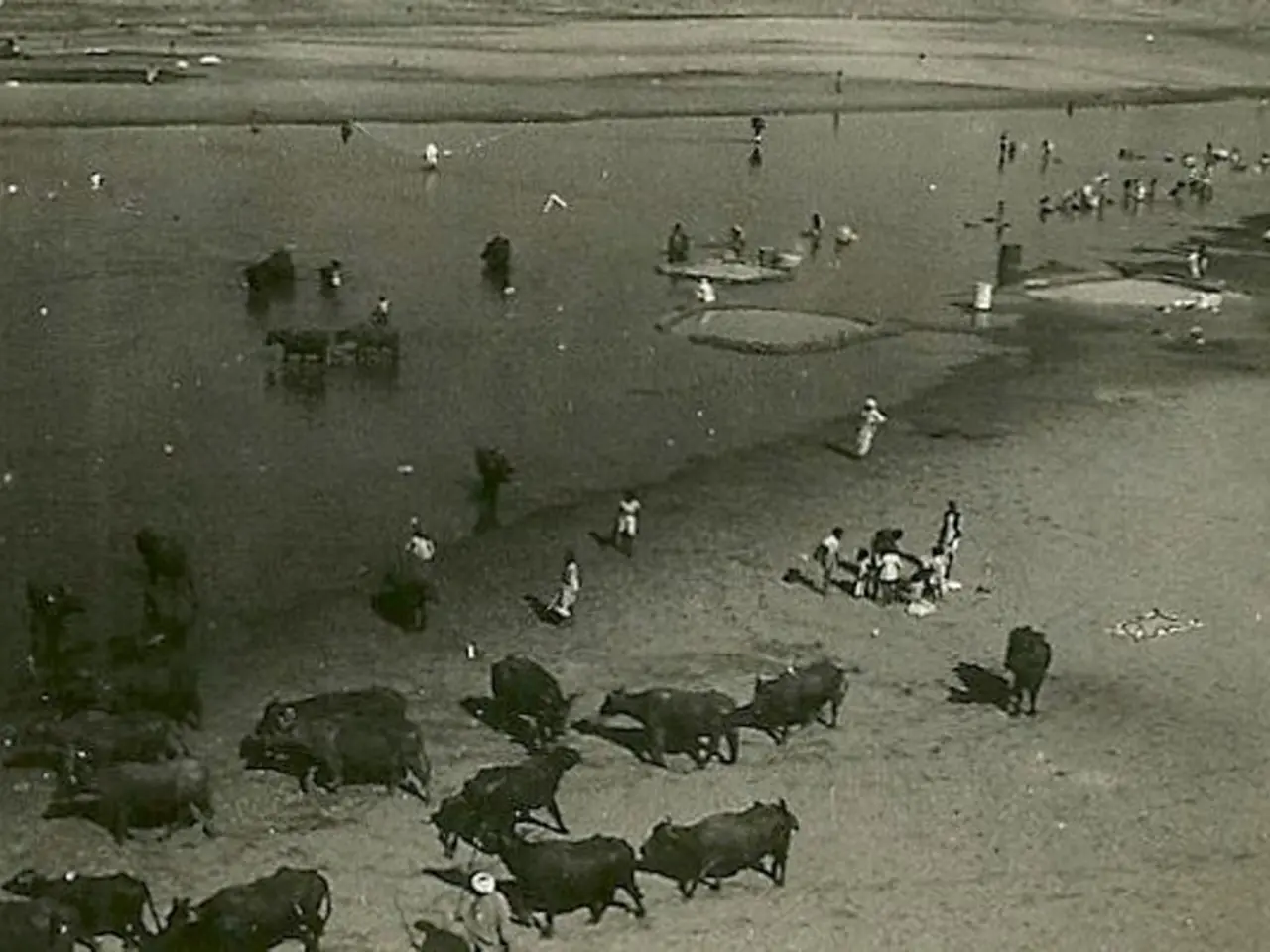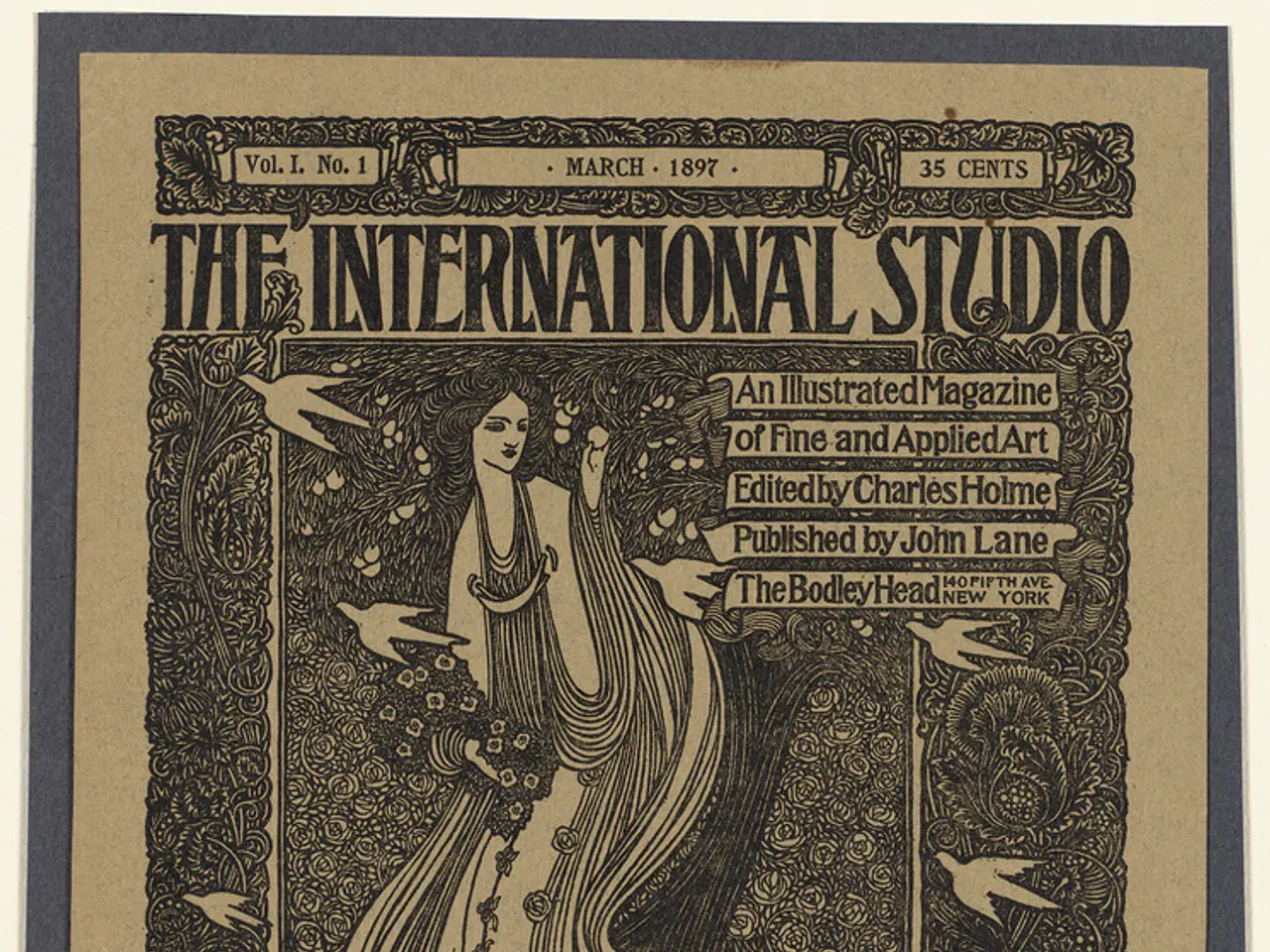Experiencing Even More Severely Harsh Criticism... From Superior Critics
In the face of criticism and mistreatment, it's essential to cultivate resilience and maintain a perspective that recognises the potential for things to be worse. This approach was embodied by numerous historical figures, who drew on the ancient philosophy of Stoicism to endure hardship and maintain their virtue.
One such figure was Pierre Trudeau, the former Prime Minister of Canada, who demonstrated Stoicism-like resilience during periods of intense political criticism. While explicit references to Stoicism in Trudeau’s philosophy are less documented, his calm, principled responses to public attacks reflected Stoic principles of self-control and virtue under pressure.
In ancient Rome, Stoicism was a philosophy that aimed to help individuals endure criticism, feedback, and attack. Prominent figures like Seneca, a Stoic philosopher and advisor to Nero, practiced Stoicism by emphasising wisdom, self-control, and acceptance of fate. Despite facing political danger and eventual forced suicide, Seneca remained committed to Stoic ideals of virtue and moral integrity, illustrating how to meet adversity calmly and rationally.
Marcus Aurelius, a Roman Emperor and Stoic philosopher, exemplified Stoic principles by maintaining clarity of thought and emotional detachment in the face of political pressures and personal hardships. His *Meditations* reflect a commitment to self-mastery and virtue despite external difficulties, showing how Stoicism helped him endure criticism and the burdens of leadership with tranquility. However, Marcus Aurelius struggled with caring more about other people's opinions than his own, reminding himself to consider the character and habits of the person attacking him.
Cato the Younger, a Stoic martyr for republican liberty, refused to live under Julius Caesar’s tyranny because it would compromise his Stoic principle of *constantia* (steadfastness). His suicide was seen as an honorable act aligned with Stoic virtue and moral consistency rather than mere despair. Cicero, although not strictly a Stoic, was heavily influenced by Stoic thought, especially on ethics and virtue. He integrated Stoic moral theory into his political and philosophical writings, promoting reasoned discourse and ethical conduct in public life even amidst political criticism and conflict.
Epictetus, a former slave turned Stoic teacher, articulated the principle that while external events are often beyond our control, our own reactions and will remain within our power. His teachings advise emotional detachment from insults and misfortune, guiding individuals to maintain inner peace regardless of external abuse. Epictetus even joked that if people truly knew him, they would say worse things about him, using humor to cope with the cruel things he often heard from his abusive owner.
In modern times, contemporary figures like Robert Rosenkranz, a philanthropist and investor, have embraced Stoicism to cultivate clarity and emotional detachment in their professional and public lives, showing Stoicism’s ongoing relevance in managing criticism and adversity today.
In summary, these figures demonstrate how Stoicism offers tools for maintaining virtue, reasoned judgment, and emotional resilience when facing criticism and abuse, embodying the philosophy’s core teaching that our response to external events is within our control and key to a good life. Abuse may not be a fair part of life, but with the guidance of Stoicism, it becomes possible to shrug off criticism and view oneself as fortunate that it wasn't worse.
- Reminiscent of ancient stoics, contemporary figures like Robert Rosenkranz embody Stoicism by cultivating emotional detachment and clarity in response to criticism and adversity, demonstrating Stoicism's continued relevance in today's general-news environment.
- Similarly to Marcus Aurelius, who remained tranquil amidst political pressures and personal hardships through his commitment to Stoicism, Pierre Trudeau demonstrated similar resilience during periods of intense political criticism, reflecting Stoic principles of self-control and virtue under pressure in the realm of politics.








